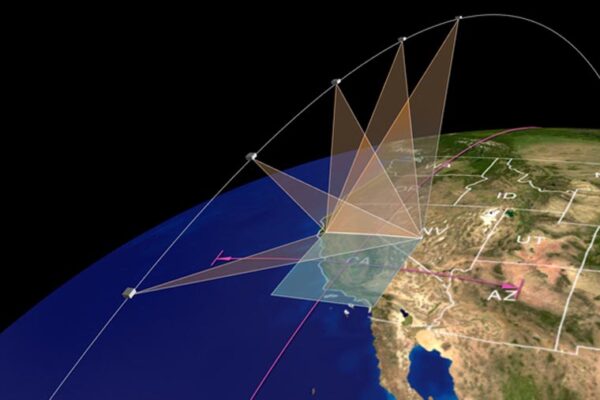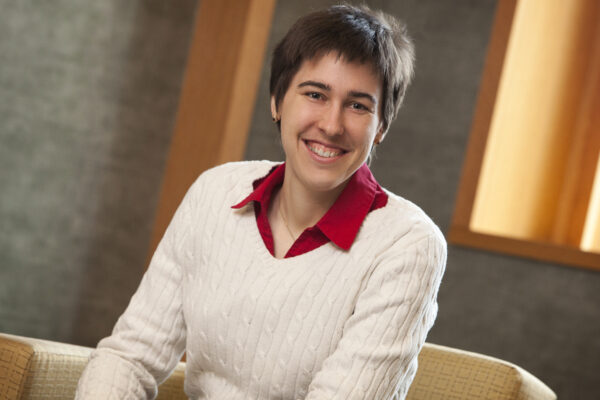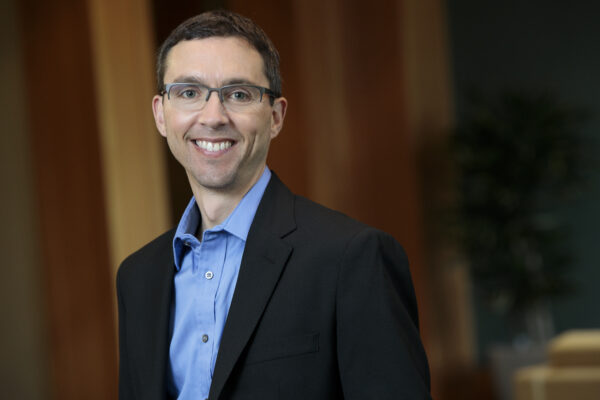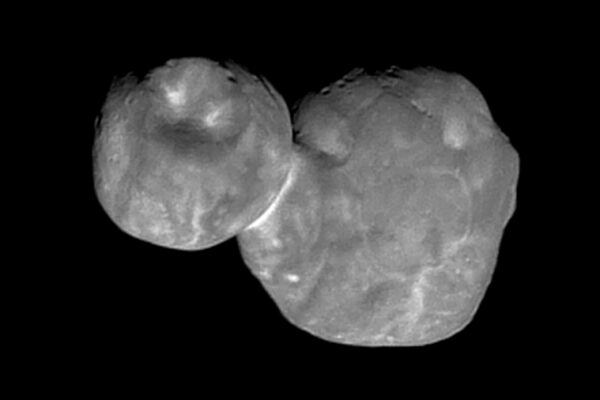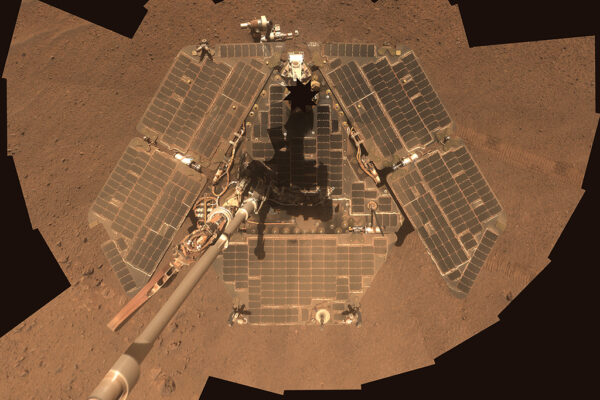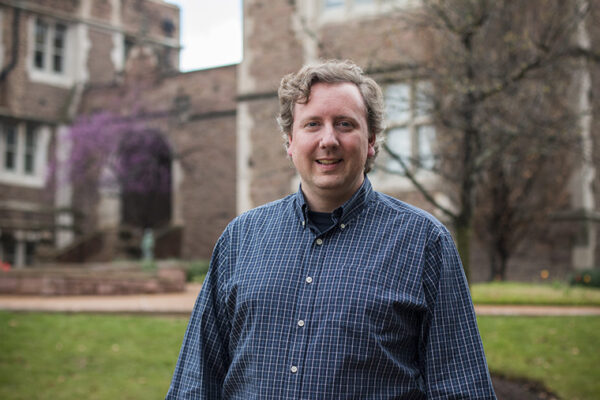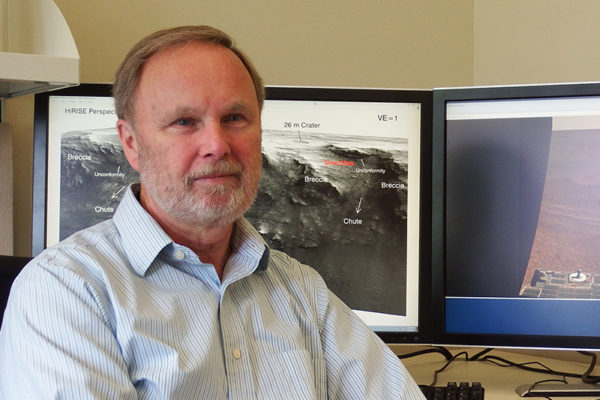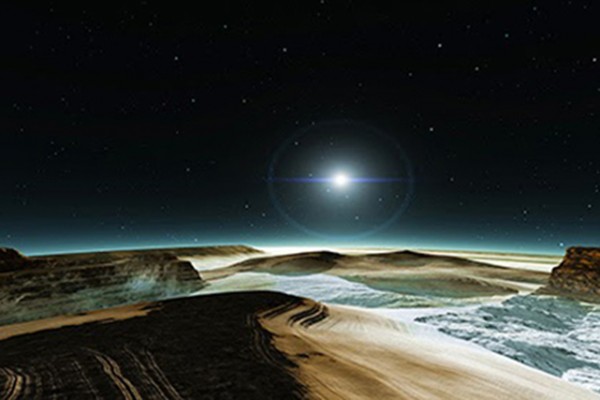Analyzing characteristics of fine particles in the air from space
With a $1 million grant from NASA, the McKelvey School of Engineering’s Randall Martin is combining satellite data with measurements on the ground to better understand the pollution that makes us ill.
Weisensee to develop heat transfer switch for NASA
Patricia Weisensee, assistant professor of mechanical engineering and materials science at the McKelvey School of Engineering, plans to develop a liquid-metal-based heat switch for use in space with a three-year, $600,000 early-career award from NASA.
Making atmospheric chemistry modeling more accessible
With a $1.2 million grant from NASA, Randall Martin in the McKelvey School of Engineering at Washington University in St. Louis will lead a team of researchers working to improve a high-performance climate model, making it more accurate and more accessible.
A closer look at the most distant object ever explored
William B. McKinnon, professor of earth and planetary sciences in Arts & Sciences, is a co-investigator on the NASA New Horizons team that published the first comprehensive profile of Ultima Thule in the May 17 issue of the journal Science.
WashU Expert: Mission complete
Ray Arvidson, professor of Earth and planetary sciences and the James S. McDonnell Distinguished University Professor, talks about the end of Opportunity’s longer-than-expected 15-year mission — he was the deputy principal investigator for the Mars exploration rover for NASA.
Catalano, collaborators to explore emergence of life on Earth
NASA’s Astrobiology Program has awarded $9 million to a multi-institution team for the Earth First Origins project, led by Rensselaer Polytechnic Institute. Jeffrey G. Catalano of Arts & Sciences at Washington University in St. Louis is a co-investigator.
Arvidson to receive Weidenbaum Center Award for Excellence
Raymond E. Arvidson, the James S. McDonnell Distinguished University Professor in Arts & Sciences at Washington University in St. Louis, will receive the Weidenbaum Center Award for Excellence Medal. The award will be given at a ceremony held during the Weidenbaum Center on the Economy, Government, and Public Policy annual dinner April 2. This award honors individuals who have made major contributions to both scholarship and public service.
Zhang receives NASA early-career faculty award
Fuzhong Zhang, PhD, assistant professor of energy, environmental and chemical engineering at Washington University in St. Louis, has received an early-career faculty award from NASA.
Coming soon: First encounter with a new class of worlds
After an epic journey across the breadth of the solar system, the New
Horizons spacecraft is finally nearing its destination: the Pluto system, a staggering three billion miles from Earth. William McKinnon, a planetary scientist at Washington University in St. Louis, explains that our understanding of Pluto has been transformed in the nearly 10 years the probe has been en route to its target.
WUSTL to host National Geographic’s FameLab
The science communication competition challenges scientists to distill data into an entertaining presentation. The qualifying event will be Feb. 21.
View More Stories
